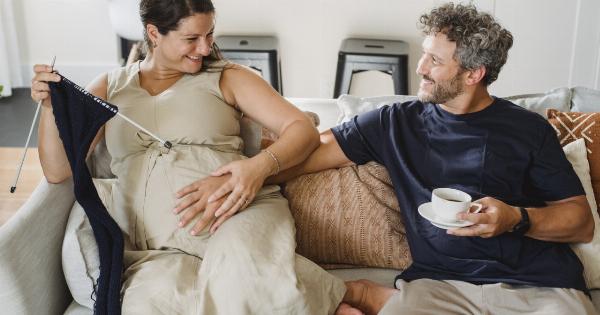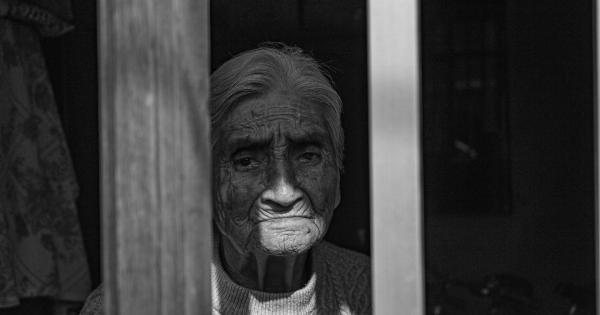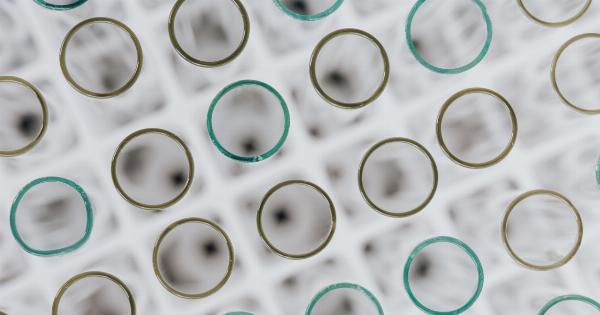Oncology is a field that requires compassion, expertise, and dedication. The oncologists who provide medical care for cancer patients should have vast knowledge and experience in handling the unique challenges of cancer treatment.
In recent years, we have observed a growing number of women entering the field of oncology. However, female oncologists and patients still face several challenges that can directly impact their care.
The good news is that women in oncology are addressing these challenges head-on, and many have advocated for the creation of forums to empower female oncologists. In this article, we will explore the importance of empowering women in oncology and how a forum for female doctors and patients can bring about positive change.
Challenges Faced by Female Oncologists
Female oncologists face several challenges that their male counterparts may not encounter. Gender bias and stereotyping continue to exist in the workplace, which can impact female oncologists’ performance and career prospects.
Some female oncologists receive lower salaries, fewer professional opportunities, and fewer leadership roles than their male counterparts.
Additionally, female oncologists often bear a disproportionate burden of family responsibilities, which can create challenges outside of work hours.
The expectations and pressures to balance work and family responsibilities often leave them struggling to find the right balance between their professional and personal lives.
Challenges Faced by Female Patients
Female patients with cancer face unique challenges, especially in the diagnosis and treatment of cancer.
For instance, female patients might encounter gender bias in the health care system that may undermine their access to medical treatment, research studies, and clinical trials. This bias can lead to underdiagnosis, undertreatment, or inadequate treatment.
Additionally, female patients with cancer might experience more side effects from treatment than male patients, including fatigue, pain, and depression.
The social stigma surrounding cancer can also impact female patients, leading to anxiety, depression, and decreased social support. Furthermore, female patients may often feel uncomfortable discussing sensitive topics related to their diagnosis, such as fertility challenges and sexuality, due to gender norms and taboos.
The Need for Empowering Women in Oncology
Empowering women in oncology is crucial in addressing several of these challenges. A forum specifically designed for female oncologists and patients can create a space for mutual support and opportunities for professional growth.
Female oncologists can share their experiences, offer advice and mentorship to younger colleagues, and help each other navigate gender bias and unequal opportunities. Patients, on the other hand, can get more candid and informative care if they feel empowered to discuss their unique challenges.
Moreover, the forum can create a platform for female oncologists and patients to engage in advocacy and research on issues specifically related to women’s health.
They can contribute to raising awareness about the impact of gender bias in cancer treatment and advocate for more equitable and inclusive healthcare practices. The forum can also support research that addresses sex differences in cancer presentation, treatment, and outcomes, ultimately leading to better care for female patients with cancer.
The Benefits of a Forum for Women in Oncology
An empowering forum for female oncologists and patients can bring several benefits that can positively impact the field. Such benefits include:.
Networking and Collaboration Opportunities
The forum can provide a platform to connect female oncologists and patients to form professional and personal relationships.
Such relationships can help in creating professional opportunities such as funding, grants, job leads, or research collaborations. Connecting with other professionals and patients can help in sharing practical knowledge, insights, and best practices.
Mentorship and Coaching
The forum can provide mentorship and coaching opportunities for female oncologists, particularly early-career oncologists.
Female oncologists can mentor younger colleagues and provide guidance in navigating through the challenges and complexities of the field.
Resource Sharing
A forum can provide women in oncology with access to information and resources that can support their professional and personal growth. They can share academic resources, grant applications, and other materials.
The forum can also contain a section for job listings, research opportunities, and other related fields that women in oncology may be interested in.
Advocacy and Awareness
Working together to raise awareness about the unique challenges faced by women in oncology can drive policy change and create a more inclusive and equitable healthcare system for all patients.
Collaborating with other organizations and stakeholders can strengthen the efforts of female oncologists and patients in creating change.
Conclusion
In conclusion, women in oncology face several challenges that can impact their care and career prospects. By empowering women in oncology through forums designed for female oncologists and patients, change can happen.
An empowering forum can provide a safe space for sharing experiences, networking, mentorship, advocacy, and raising awareness of issues related to women’s health, ultimately improving patients’ outcomes and creating a more equal and inclusive healthcare system.





























